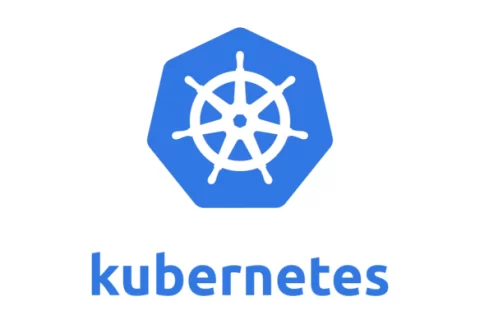#
In the fast-paced realm of digital transformation, organizations are increasingly turning to platform engineering as a cornerstone of their strategy. With the proliferation of cloud technologies, the rise of big data, and the demand for seamless user experiences, platform engineering has emerged as a critical discipline for businesses seeking to stay ahead in today’s competitive landscape.
The Evolution of Platform Engineering
Platform engineering encompasses the design, development, and management of scalable, flexible platforms that serve as the foundation for digital products and services. This discipline has evolved in response to the growing complexity of modern IT architectures and the need for agility and innovation.
Traditionally, businesses relied on monolithic architectures, where all components of an application were tightly integrated into a single, large codebase. However, this approach posed challenges in terms of scalability, flexibility, and maintainability. Platform engineering represents a shift towards a more modular, decoupled architecture, where applications are built using a collection of independent, interoperable services or microservices.
Key Components of Platform Engineering
At the heart of platform engineering are a few key components:
- Cloud Infrastructure: Cloud computing has revolutionized the way businesses deploy and manage their IT infrastructure. Platform engineers leverage cloud services to build scalable, resilient platforms that can adapt to changing demands.
- Containerization and Orchestration: Containers, such as Docker, have become the de facto standard for packaging and deploying applications. Platform engineers use container orchestration tools like Kubernetes to automate the deployment, scaling, and management of containerized applications.
- Microservices Architecture: Microservices architecture breaks down complex applications into smaller, independent services that can be developed, deployed, and scaled independently. Platform engineers design platforms that support microservices, enabling greater agility and scalability.
- API Management: Application Programming Interfaces (APIs) play a crucial role in platform engineering, enabling seamless integration between different services and systems. Platform engineers design and manage APIs to ensure interoperability and security.
- DevOps Practices: Platform engineering emphasizes collaboration between development and operations teams, often referred to as DevOps. DevOps practices, such as continuous integration, continuous delivery, and infrastructure as code, streamline the development and deployment process, enabling faster time to market.
The Role of Platform Engineers
Platform engineers play a pivotal role in designing, building, and maintaining the platforms that power digital innovation. They collaborate closely with software developers, infrastructure engineers, and other stakeholders to ensure that platforms meet the needs of the business and support its strategic objectives.
Platform engineers are responsible for:
- Architecting scalable, resilient platforms that can support high-traffic, mission-critical applications.
- Implementing automation to streamline the deployment, scaling, and management of infrastructure and applications.
- Ensuring security and compliance by implementing best practices for identity management, access control, and data protection.
- Monitoring and optimizing platform performance to maximize reliability, availability, and performance.
- Facilitating collaboration and knowledge sharing across teams to foster a culture of continuous improvement.
Challenges and Opportunities
While platform engineering offers tremendous benefits in terms of scalability, flexibility, and innovation, it also presents challenges. Managing complexity, ensuring security, and maintaining reliability are ongoing concerns for platform engineers.
However, the opportunities for businesses that invest in platform engineering are vast. By building robust, scalable platforms, organizations can accelerate their digital transformation efforts, drive innovation, and stay ahead of the competition in today’s rapidly evolving marketplace.
Conclusion
In an era defined by digital disruption, platform engineering has emerged as a critical discipline for organizations seeking to thrive in the digital economy. By embracing cloud technologies, containerization, microservices architecture, and DevOps practices, businesses can build the scalable, flexible platforms needed to drive innovation and deliver seamless user experiences. With platform engineering as the foundation, organizations can unlock new opportunities for growth and stay ahead of the curve in an increasingly competitive landscape.



1 thought on “Platform Engineering: Building the Foundation for Digital Innovation”
very good and informative article